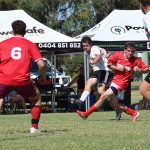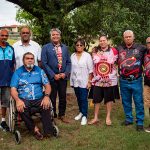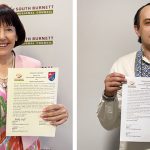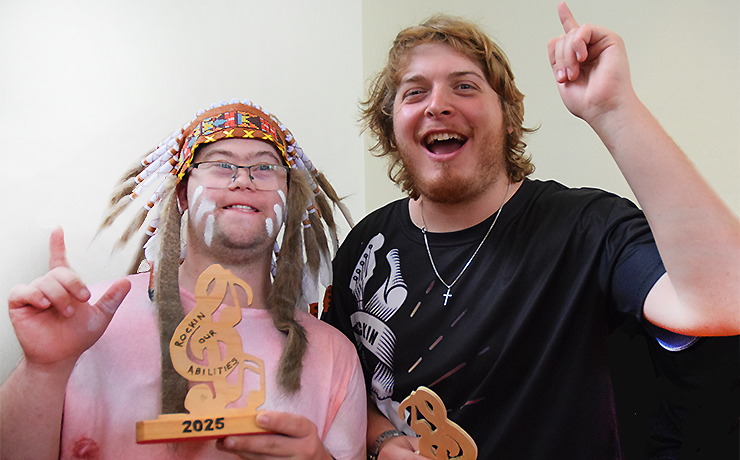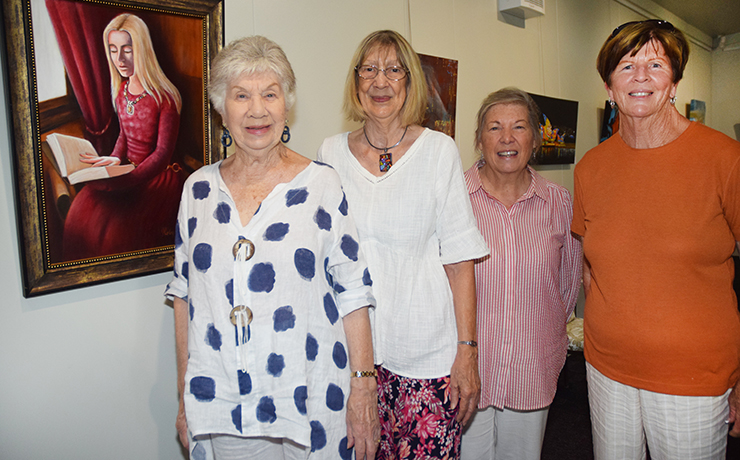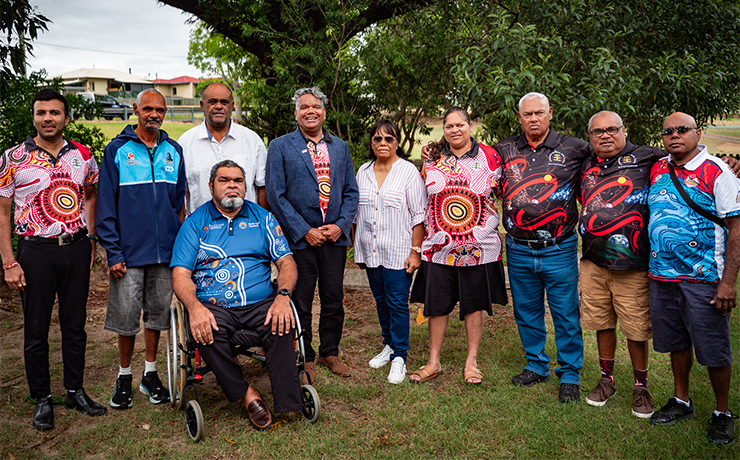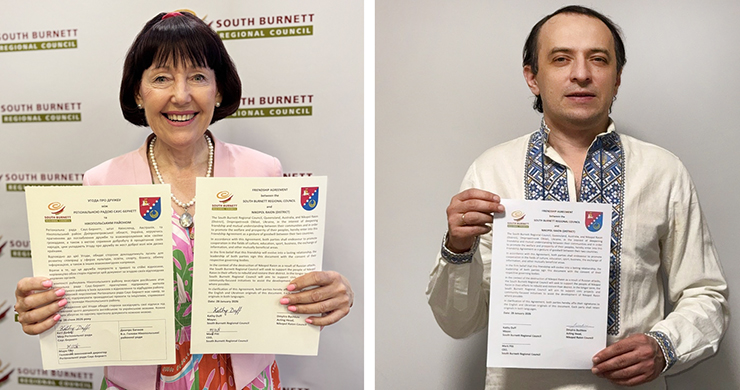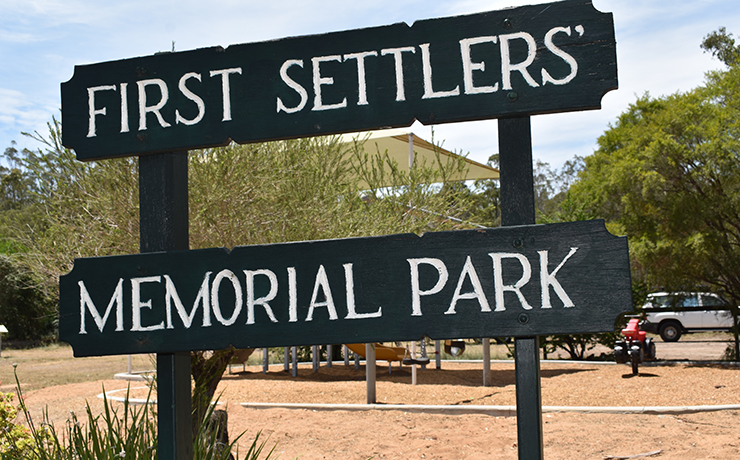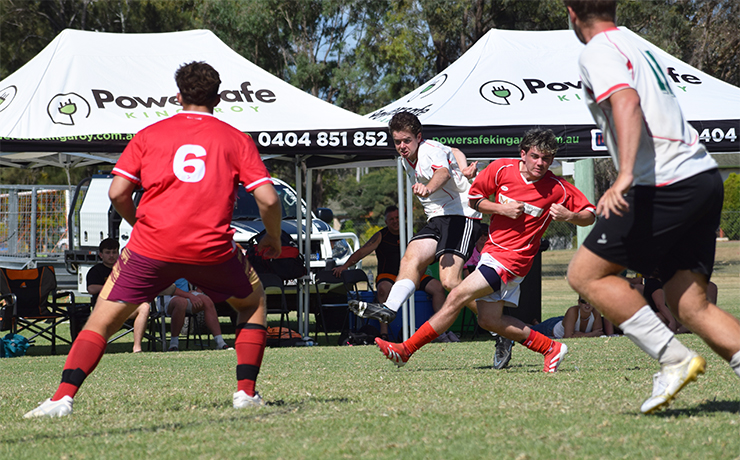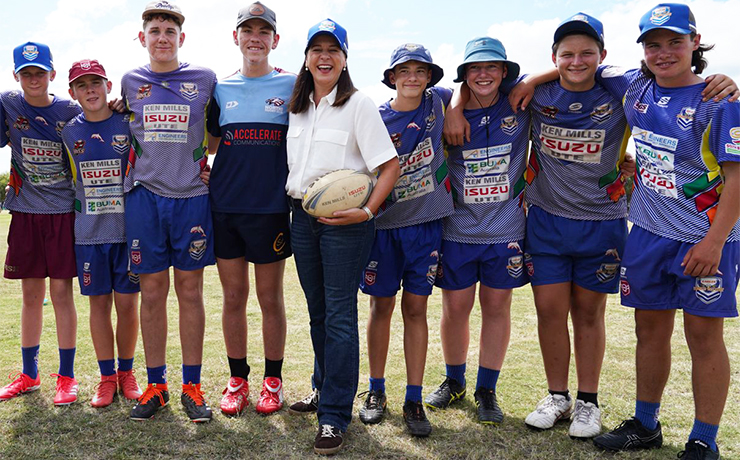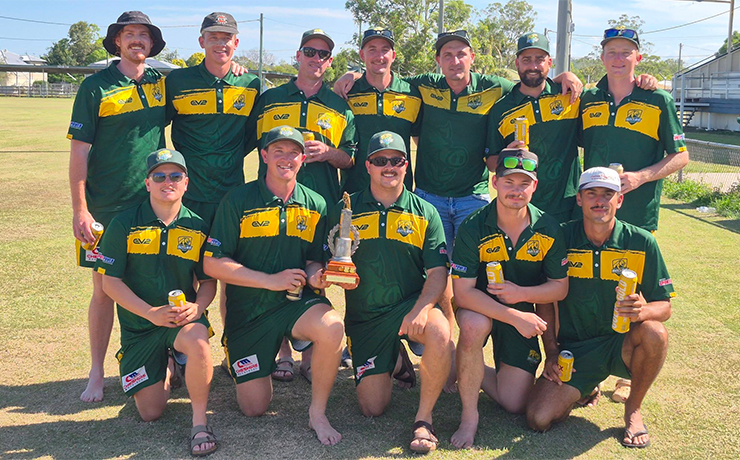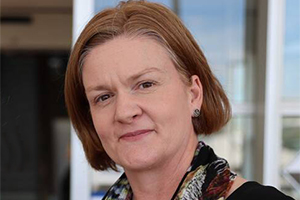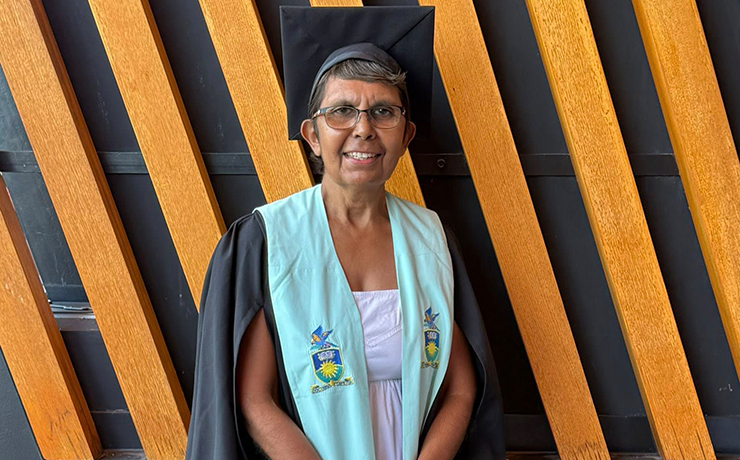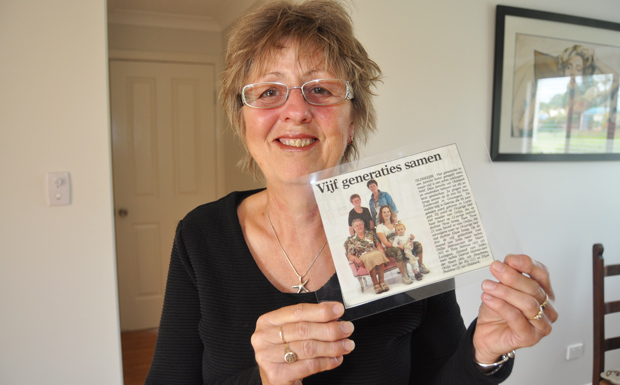
May 9, 2014
The South Burnett delegation to the Netherlands to honour Murgon airman Patrick Tiernan has revived both pleasant and painful memories for Nanango resident Hanny Mous.
When Nanango historian Liz Caffery was looking for help with Dutch translations she turned to Hanny, who has been living in Nanango.
However, as well as the translations, Liz also learned of Hanny’s amazing family stories and urged southburnett.com.au to speak to her.
* * *
“There are so many stories of ordinary people, who fought their own battles in World War II,” Hanny said.
“People who risked not only their own lives, but also that of their families.
“One of those stories involves my grandparents who lived in a little place called Lutjegast, in the province of Groningen in northern Holland.”
Hanny’s grandparents, Alle and Harmke van der Vaart, had 13 children but that didn’t stop them from deciding to hide two Polish deserters, Anton and Leo, from the Nazis.
If they had been found out they would have been shot …
“During the day these soldiers were kept in a little room, which was kept locked on the inside,” Hanny said.
“People in the know had to knock on the door three times for them to know that they could unlock the door. Loaded guns were on the table.”
The soldiers’ accommodation at night was even less luxurious …
“They were kept in a cellar under the dunny, which my grandfather had newly built but had not yet been used. They had to crawl through the opening in the toilet and lower themselves down before the bucket was put back in place.”
However, the decision to hide the Poles ended up having wider ramifications for the family than the risk of being killed.
“Mum had a relationship with Anton which resulted in the birth of my half-sister Tillie,” Hanny said.
Having a child out of wedlock was not acceptable in the 1940s so Tillie was raised by Alle and Harmke as their own.
“Anton went back to Poland and mum stayed in Holland to marry my father a few years later,” Hanny said.
Tillie still lives in Groningen, not far from where she was born.
“Tillie always wanted to know her biological father but out of respect for my dad, she only pursued that when my father had passed away.
“A Dutch TV program was involved in finding her Polish family only to find out that Anton had died in the same year as my dad.”
* * *
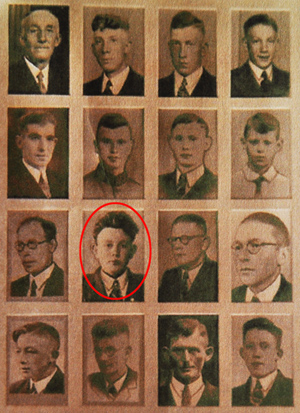
But while the war brought new life to the van der Vaart family, it also brought death …
In April 1943, a shockwave went through occupied Holland when it was announced that all Dutch military were made captive to work in Germany in the war factories or to help farmers.
A series of strikes broke out in response, including in Marum, a small town in Groningen province.
Germans, investigating after a roadway had been repeatedly blocked by trees felled in protest, came across a group of local residents who actually had nothing to do with the protest.
Hanny’s mother’s cousin, Nico van der Vaart (the family historian) takes up the tragic tale in a memoir:
“On Monday morning, May 3, 1943, I heard shots being fired. Around 11:00am I heard that Gerrit (my brother) had been caught together with 15 other people.
“They had tried to escape and fled to a farmhouse nearby but were captured later. When the Germans were sure to have captured all men involved, they stopped by another farmhouse and randomly arrested the farmer, his three sons and his future son-in-law …
“A few hours later SD-er (ie Sicherheitsdienst – SS intelligence service – member) Johann Mechels and his men arrived.
“He was informed that 16 people had been arrested for sabotage. This was Mechels’ chance to pull rank and teach the people a lesson.
“He ordered the prisoners be executed immediately. There were no known witnesses but the story goes they were shot in groups of four.
“Amongst these prisoners (was) a boy just 13 years old.”
On October 3, 1949 – after the war had ended – Major Johann Mechels was sentenced to 14 years jail.
“Not even one year for each victim,” Hanny commented.
“When asked why he did not save a 13-year-old boy, he burst into tears.”
* * *
Hanny, who was born in Enschede in Groningen, married Anton Mous and migrated to Australia … following Anton’s two brothers, Bert – who died in February this year – and Jack, the well-known bootmaker at Colinton.
Anton, who worked at Tarong for many years, died 13 years ago. The couple had two sons – Richard and Martin.
Martin joined the Australian Army and served as a Major in Iraq before resigning his commission.
Richard has returned to Holland, where he met up with his former school teacher Liz Caffery during her recent Dodewaard trip.
And the story goes full circle.
“In short, war is not good, not good at all,” Hanny reflected.
Related articles:
- Poppies Placed On Graves
- Tiernan’s Crewmates Remembered
- Delegation Leaves For Dodewaard
- A Murgon Cobber Remembered In Print
- Delegation Seeks Names Of South Burnett’s Fallen
- Councillors To Honour Murgon War Hero
- School Captains Going To Holland
- Murgon’s War Hero To Be Honoured
- Meet Murgon’s War Hero
- Murgon Hero Remembered
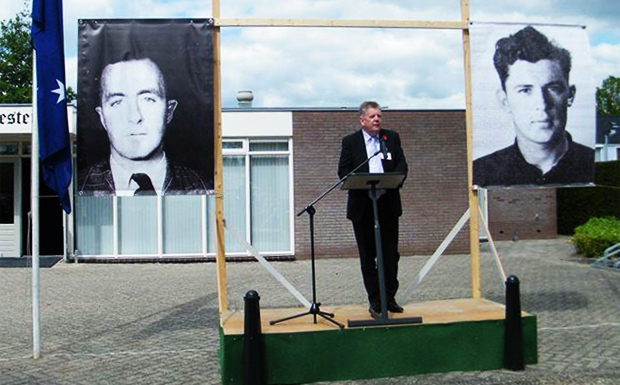
(Photo: Eleanor Sharpe)







